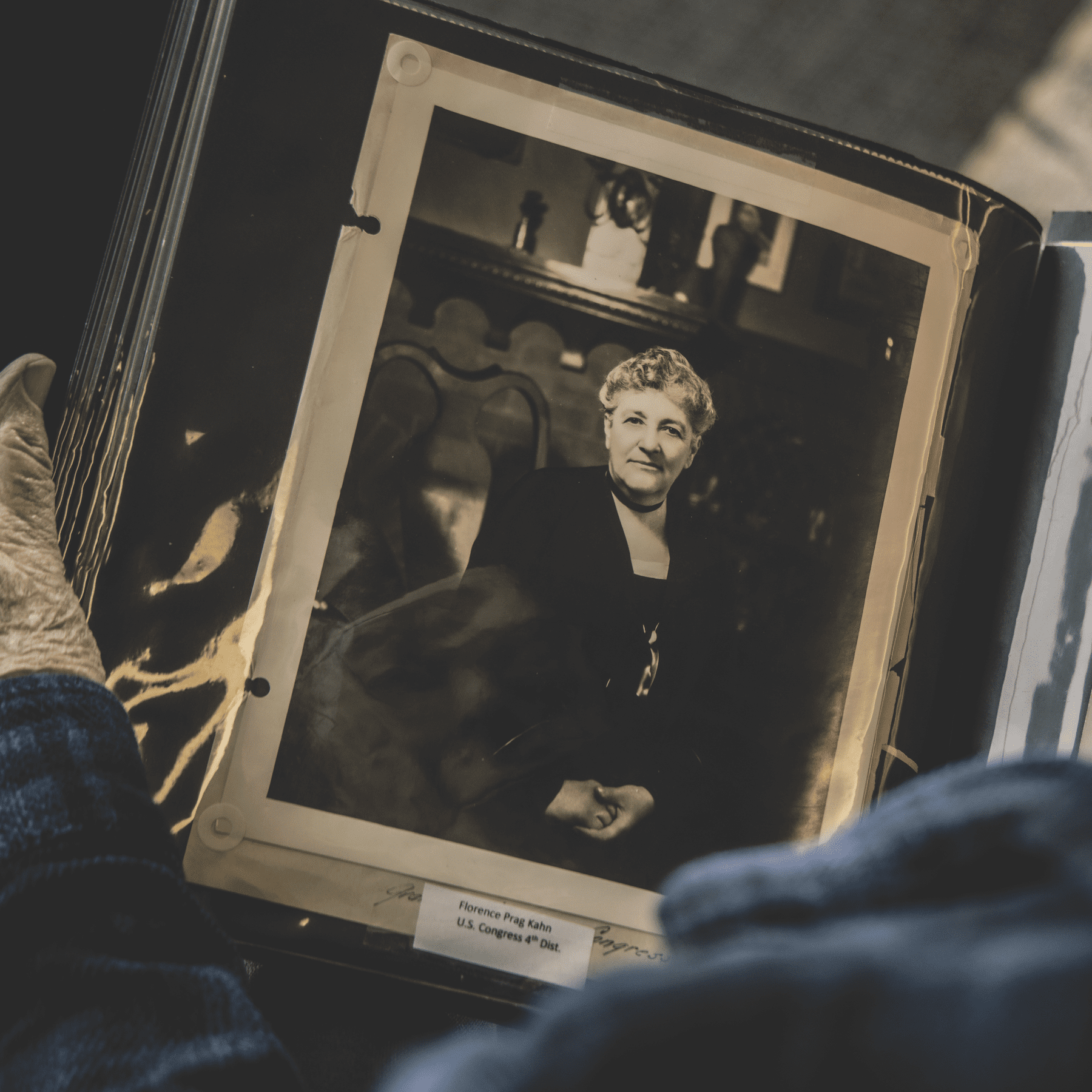
His Grandfather Was Canceled. His Grandmother Was a Hero
When a monument to his grandfather came under newfound scrutiny, Julius Kahn used the opportunity to shine a light on a lesser-known familial legacy: Florence Prag Kahn.
What began as a chance encounter turned into a trip of a lifetime this summer for a traveling team of California Masons.
In September, a Masonic tour group from South Pasadena № 290, Alhambra № 322, Wisdom № 202, and Pasadena № 272 traveled to Budapest, Hungary, to meet with brothers from a world away. For most of the past 100 years, Freemasonry there has existed underground, having only been legalized in 1989. Today the Symbolic Grand Lodge of Hungary comprises of 17 lodges and 400 members.
The seed for the trip was planted a year earlier, during a tour to England, during which District № 717 inspector Paul Bazerkanian and others were introduced to the current Grand Master of Hungary, Andor Àkos Szilágyi, who invited them to visit a degree conferral in Budapest.
So this year they did just that, sitting in on a first-degree conferral led by Iván Kamarás of Kazinczy Lodge № 15. (Interestingly, Kamaras was raised as a Mason at South Pasadena № 290.) The California delegation also staged a third-degree exemplification for their Hungarian hosts. The visit concluded with a symposium led by Attila Pók, a Mason and historian at the Hungarian Academy of Sciences; and representatives from the grand lodges of Croatia, Slovenia, Romania, Austria, the Czech Republic, and Colombia.
Esteban Lopez, a member of the tour group, was impressed by the commitment to Masonry on display. “Even under all current circumstances, people are still willing to come together to practice Masonry,” he says. Bazerkanian says his party forged relationships he expects will last a lifetime. “They’re already talking about going back,” he says.
Photography by:
Esteban Lopez

When a monument to his grandfather came under newfound scrutiny, Julius Kahn used the opportunity to shine a light on a lesser-known familial legacy: Florence Prag Kahn.

Grand Master G. Sean Metroka reflects on finding common ground in turbulent times, and how Freemasonry can give us a scaffolding for it.

The political fights of daily life are conspicuously absent from the Masonic lodge. Can those lessons be practiced in the outside world?